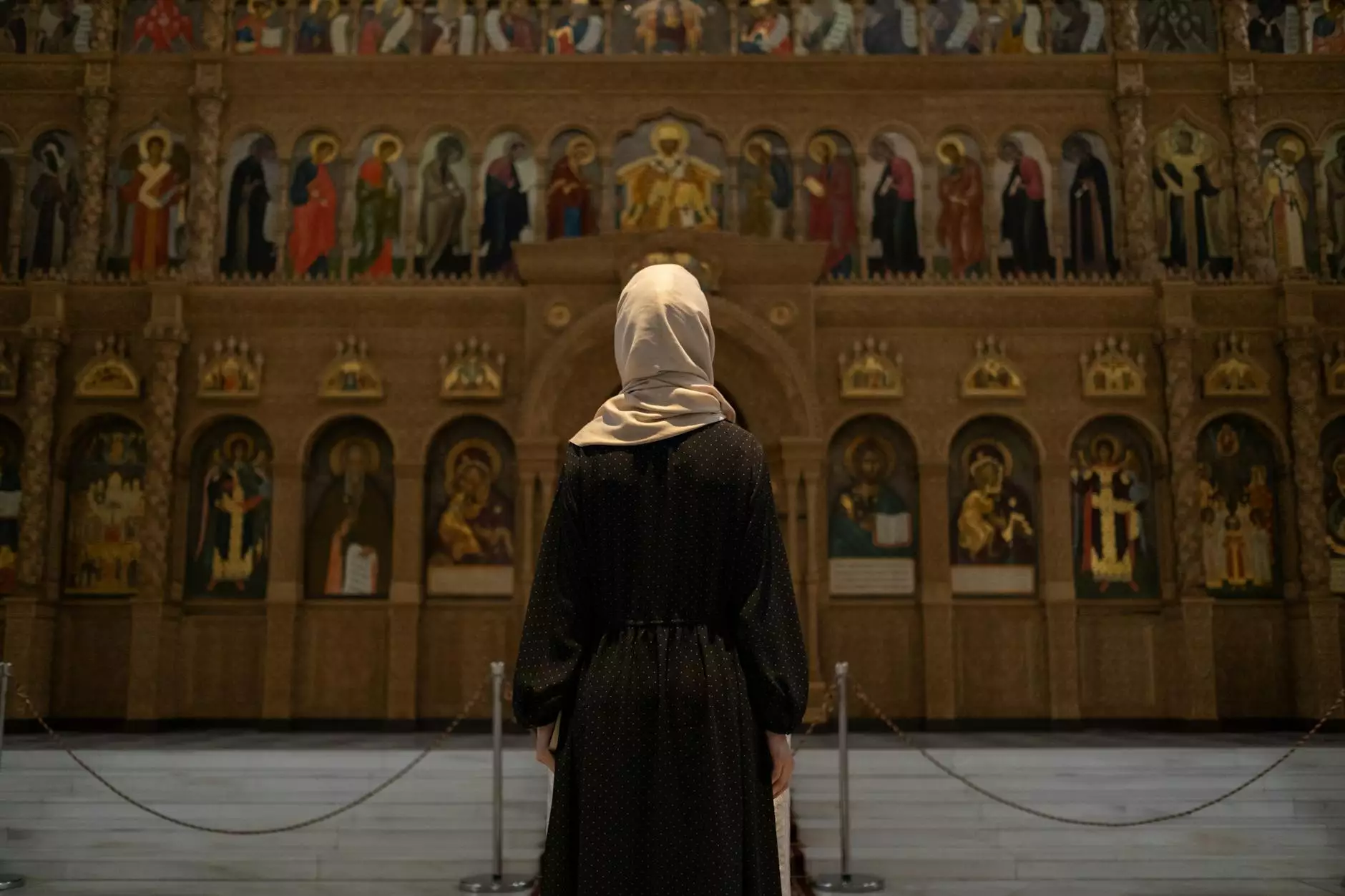Zion Different Denominations in Christianity

Christianity is one of the world's major religions, with a myriad of denominations, each with its own unique beliefs, teachings, and governance structures. Among these, the concept of Zion serves as a powerful symbol, often representing a place of refuge, belonging, and divine promise. This article delves deep into the various denominations within Christianity that embrace the notion of Zion, highlighting their distinctions, practices, and contributions to the Christian faith.
Understanding the Concept of Zion in Christianity
The term Zion has deep historical and spiritual roots in Christianity and Judaism. Originally, Zion referred to a specific hill in Jerusalem, but over time, it has come to represent a broader spiritual significance. For many Christians, Zion symbolizes:
- Hope and Redemption: Zion is often viewed as a metaphorical representation of God's promise for salvation.
- Unity and Community: Many denominations gather under the banner of Zion to create a sense of community among believers.
- Heavenly Promises: For some, Zion represents the ultimate destination of believers—the heavenly kingdom.
Denominations Embracing the Zion Concept
Christianity is not monolithic; it encompasses a rich variety of traditions and beliefs. Understanding how different denominations interpret and express the concept of Zion can foster greater appreciation for the faith. Here, we explore several major denominations that highlight the idea of Zion:
1. Catholicism and the Spiritual Zion
The Catholic Church recognizes Zion as a vital concept in its spiritual teachings. The phrase "Zion" often appears in the context of the church being the new Zion, where the faithful gather. Catholic doctrine emphasizes:
- Sacred Tradition: Catholics believe that the teachings of the Church stem from the apostles and maintain a continuous line of leadership back to Christ.
- Sacraments: The sacraments represent rituals of faith through which believers interact with God's grace, aligning with the concept of Zion as a place of encounter.
- Universal Church: Catholicism promotes the idea that all believers are part of the *universal* Church, creating a shared Zion identity among diverse global congregations.
2. Protestantism and the New Zion
Protestant denominations, which evolved from the Reformation, have diverse views regarding Zion. Many Protestant churches use Zion in a more metaphorical sense, focusing on the believer’s personal relationship with God. Key characteristics include:
- Faith Alone: Protestants typically emphasize *sola fide* (faith alone) as the pathway to salvation, believing that personal faith forms a direct connection to Zion.
- Scriptural Authority: The reliance on the Bible as the sole authority means that interpretations of Zion's significance are often derived directly from scripture.
- Congregational Autonomy: Many Protestant denominations maintain an independent structure, allowing congregations to define their interpretation of Zion collectively.
3. Baptist Denomination and Zion's Call
The Baptist tradition has a unique understanding of Zion that is closely linked with its emphasis on individual faith and believer’s baptism. Important aspects include:
- Believer's Baptism: Baptists view baptism as a public declaration of faith, reflecting the believer's journey toward Zion.
- Community Focus: Local congregations actively participate in outreach, embodying the Zion principle of community and collective worship.
- Evangelical Missions: The drive for evangelism is strong within Baptism, aiming to lead others towards the spiritual Zions embedded in Christian belief.
4. Pentecostalism: Experiencing Zion
Pentecostal churches express Zion through vibrant worship and an emphasis on the Holy Spirit’s active role in believers’ lives. Key points include:
- Spiritual Gifts: Emphasis on spiritual gifts, including speaking in tongues, is seen as a way to connect with the divine presence of Zion.
- Revivalist Movement: Pentecostals often engage in revivalist gatherings, seeking an outpouring of God’s spirit reminiscent of the transformative promises of Zion.
- Healing and Miracles: Many Pentecostals believe in the tangible manifestations of God's power, viewing these events as part of Zion experiences in their lives.
The Role of Zion in Community Building
Beyond theological interpretations, the concept of Zion plays a significant role in community building within and among the various Christian denominations. Here’s how:
Fostering Unity Among Believers
The idea of Zion has the potential to unify various Christian denominations around common beliefs about God’s promises. This unity can manifest in:
- Joint Worship Services: Many churches hold services that celebrate the diverse expressions of faith, bringing congregations together to worship as one body.
- Community Service Projects: Collaborative efforts in social justice and outreach represent a practical response to the call of Zion, honoring God’s command to serve others.
- Educational Initiatives: Interdenominational educational programs seek to teach the significance of Zion across different interpretations, fostering dialogue and understanding.
Challenging Divisions
While the notion of Zion offers a place of refuge and unity, it also challenges the divisions within Christianity. The diverse interpretations can lead to:
- Theological Debates: Differences over doctrine can sometimes create tension, necessitating respectful dialogue and exploration of differing views.
- Cultural Integration: As different denominations try to understand their Zion concept, cultural expressions of faith also emerge, enriching the overall Christian experience.
- Ecumenical Efforts: Many denominations pursue ecumenism, seeking common ground in the core beliefs that bind them together as children of Zion.
Summary: Embracing Differences at Zion
As we've explored throughout this article, the phrase "zion different denominations in christianity" encapsulates a rich and complex tapestry that is representative of the broader Christian faith. Each denomination, while unique, contributes to the overall understanding and expression of what Zion means spiritually and communally.
In concluding this discourse, it’s evident that whether through Catholicism’s deep historical traditions, Protestantism’s emphasis on personal faith, Baptist congregations’ community focus, or the vibrant expressions of Pentecostalism, the concept of Zion will continue to be a cornerstone of Christian understanding and practice. It invites believers into a deeper relationship with God and fosters a spirit of unity in the diverse landscape of faith.
Join Us at Zion NYC!
If you're interested in exploring more about how different denominations illuminate the concept of Zion, consider visiting zion.nyc. Our community is dedicated to embracing this fullness of faith, promoting unity, and serving the needs of the community. We welcome you to join us on this journey toward understanding and experiencing Zion in its fullness.









